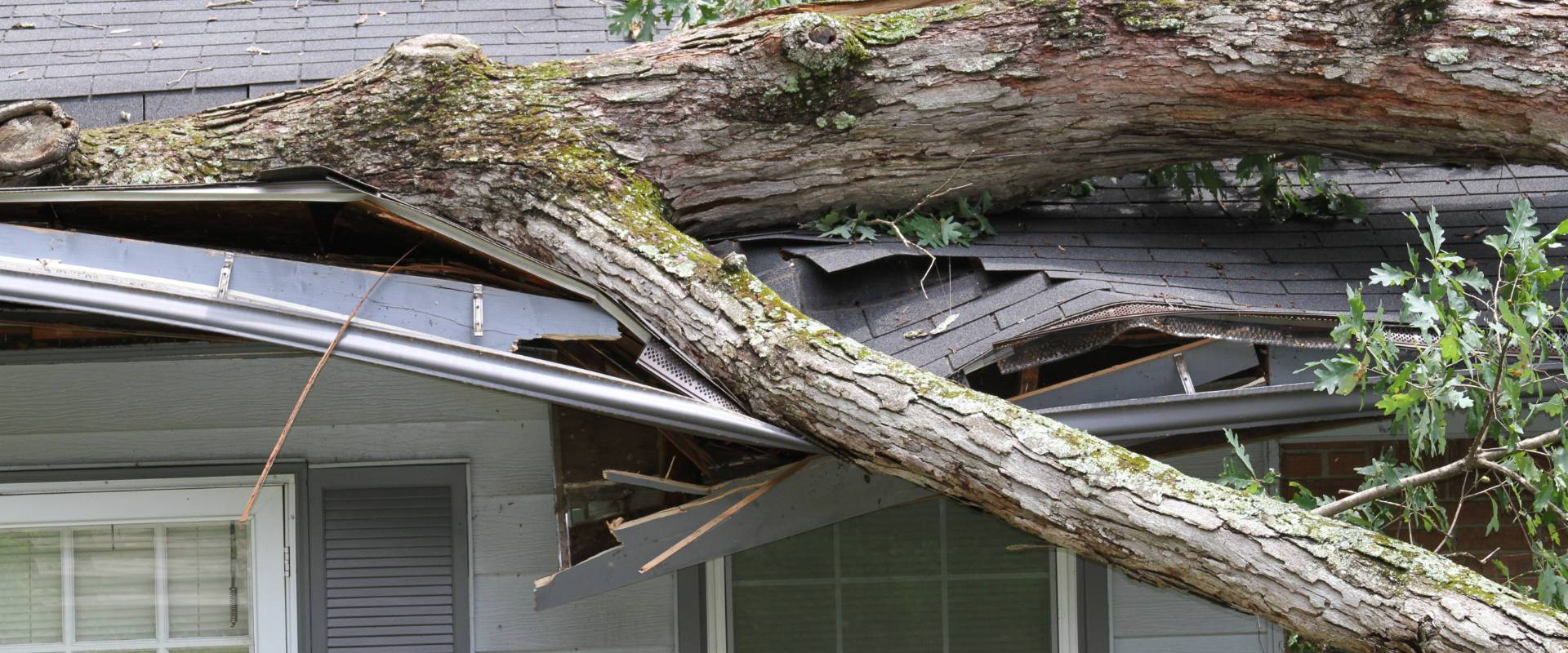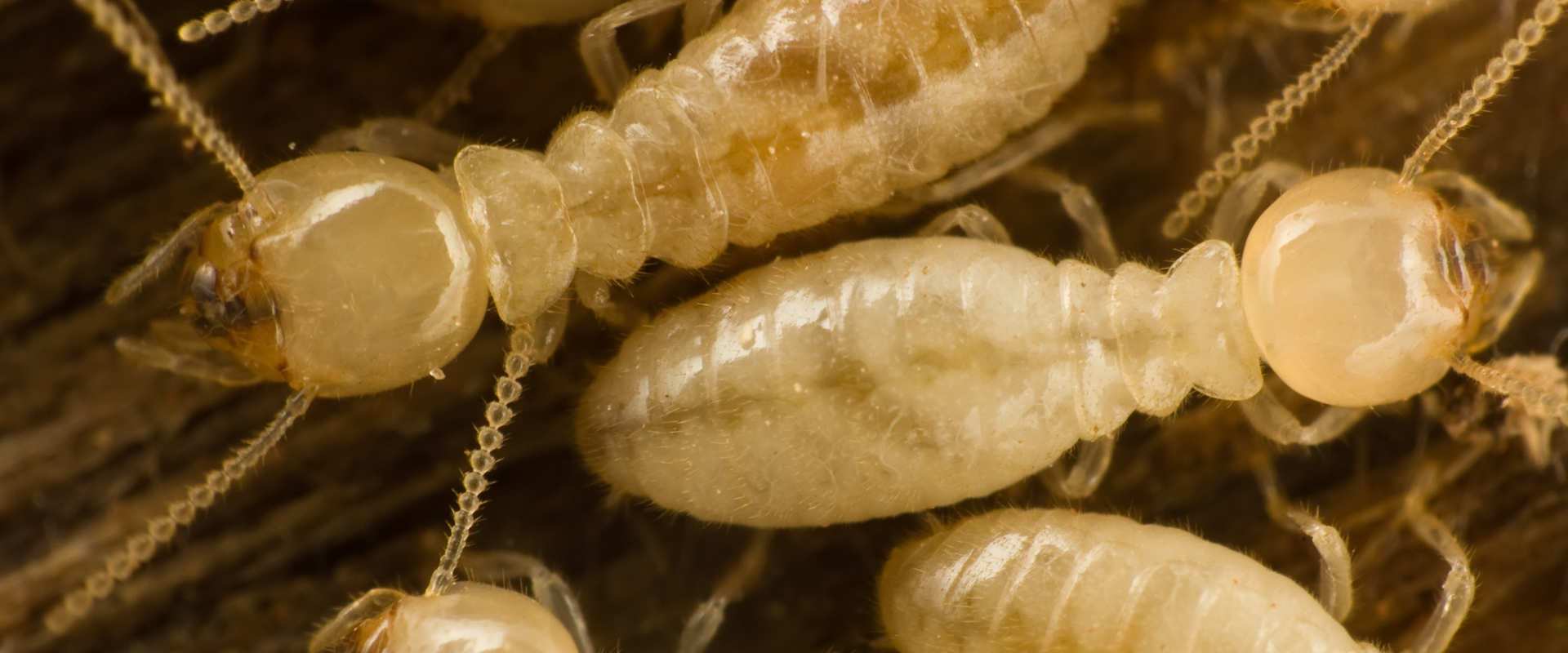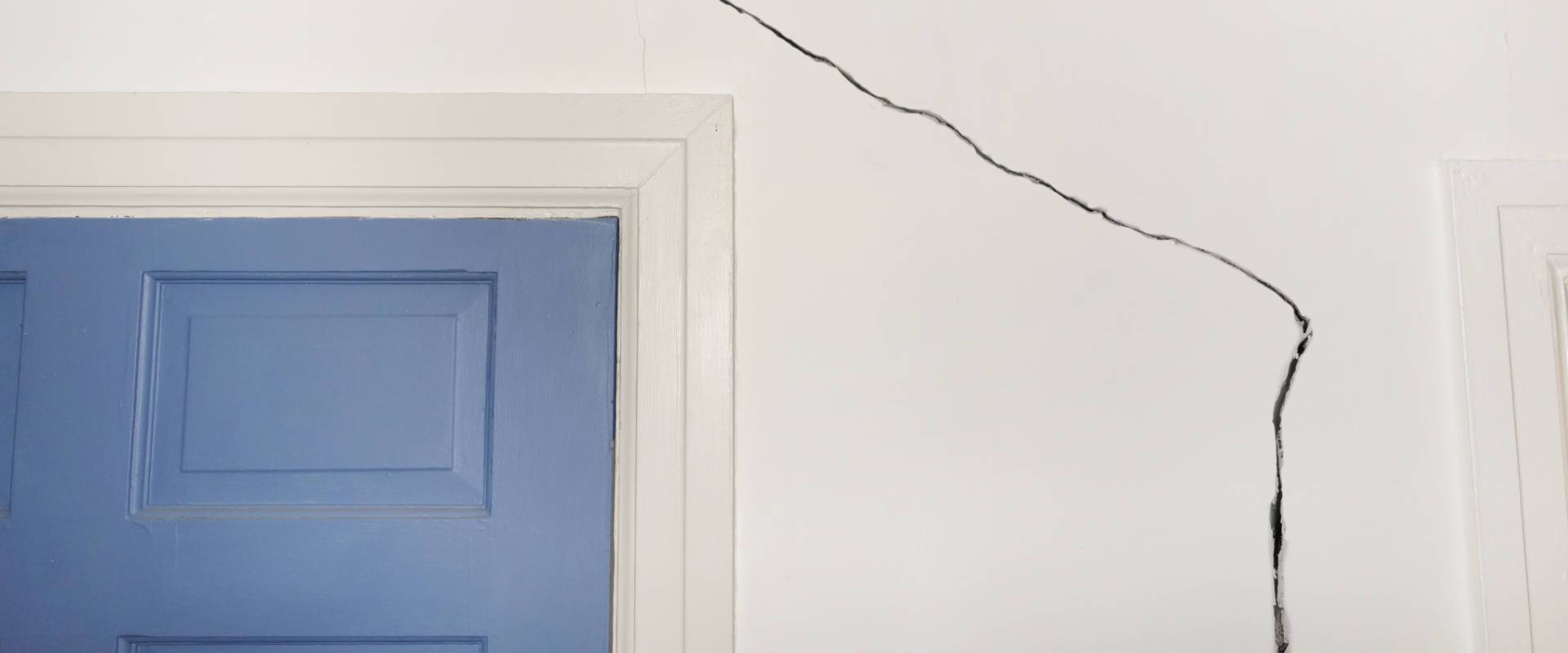Bob J.
Taylor helped me with a contractor dispute. Taylor provided an honest assessment of the situation before taking my case. He was able to obtain a settlement 3 times what was originally offered in a short amount of time. Highly recommended!
Kalle-Erik V.
I got run over by a car right next to his office, and so it was the natural place to take my case to. The service I received was great, and at all points everything was clearly explained to me in my personal injury case. He was easily reachable by telephone and I never felt like I was out of the loop.
I have no complaints and can definitely recommend him to others without a doubt.
Jennifer C.
Taylor helped us through a hit and run boating accident that occurred in Florida(a little complicated since I reside in SC), but he was great and he got my daughter a nice settlement for her severe injuries. He was great to work with, especially since this was all done in the middle of covid and in the middle of the case I was deployed to the Middle East which he made seamless. Communication is key and he was awesome with communication and letting us know where the case was every step of the way! He is very easy to work with whether it be in person, via zoom, email or a phone call! I highly recommend him for your legal needs!
Jaquietta B.
Mr. T and Mrs. Myra have been extremely helpful. They helped my wife and I with a car accident dispute and we were able to settle out of court so now our nightmare is Done and Over with. I would give them 100 stars if I could. They are Awesome and I recommend them to any and everyone. #NewFamilyMembers 😍
Rachel H.
I highly recommend Taylor Anderson Law Firm! We had a very difficult case with many parties involving some MAJOR termite damage to our home and I contacted Mr Anderson and we were able to get the justice we were looking for and all defendants were at fault! Great communication and fair pricing. Thank you again!!
Elba V.S.
Mr. Anderson and his staff are great to work with. I hired the firm after a traumatic injury. Mr. Anderson and his assistant kept me abreast of the legal proceedings from beginning to end. The Anderson firm showed my best interests and wellbeing are of utmost priority.
Bob D.
termite company offered me six hundred dollars for the damage. the Anderson law firm got me more then expected to do the proper repairs.This is the team you want in your corner
AshleyAnn S.
Taylor was awesome! Always quick to respond, fought for me, cared about my case’s outcome, and won me an awesome settlement for my car accident! Thank you Taylor!
Amanda L.
I can't say enough great things about Taylor Anderson Law Firm! Taylor and his team are amazing and very professional. Taylor is very efficient returning emails and phone calls. Thank you Taylor! I highly recommend 100% and give 5 stars!!!
Bebe P.
These people work magic! I cannot sing enough praises to them. If there were more stars to be given I would have given them all. I had a very unique situation with with my car, to say the least, and Myra took on the challenge of helping. Through my tears and frustrations she was truly amazing. She was professional and very easy to talk to. She kept in constant communication with me and gave me great advice on how to handle the situation. If it wasn't for her I don't know how I would have gotten through it all. Thank you is not enough!
Jen L.
Nice office. Nice people. Professional and kind. He has my business.
Hilary K.
I found Taylor on Google after exhausting all the recommendations received from friends and friends of friends. Believe me, I was NOT thrilled about going to Google for a lawyer, but the termites in my house were on a warpath and my HOA and pest control company were taking turns playing pass the buck. Taylor was the only lawyer who treated me like a human being from the very beginning. The first time we spoke on the phone, he listened - nothing else, just listened. Everyone else I had spoken to the first time spent the "consultation call" telling me what they do, what they don't do and how they bill. By the time the call was over, they still wouldn't know why I needed them but they would have already decided they couldn't help me.
After we spoke that first time, Taylor scheduled a time to come see the damage and go through paperwork. It was as simple as that. And it remained that way the entire way through him helping me. Simple, clear, transparent, trustworthy, reliable. What I found most amusing about Taylor is his unsurpassed network of FRIENDS. Not colleagues, not peers, not acquaintances - friends. The guy knows everyone and everyone is happy to know him. That speaks volumes about a lawyer.
As with anything involving litigation I'd imagine, there were some frustrations from my end. On top of an already slow-moving process, Covid hit, delaying everything almost 2 years. But even during that time, Taylor remained in constant contact, even just to say "Hey! It's slow, but we're still moving..."
When it was all said and (finally) done, Taylor ended up helping me for 3 years, probably felt like double that for him. Although it wasn't a big case for him, for me it felt like the end of the world and so he treated it like his most important case. If you have doubts about hiring a lawyer from Google, I don't blame you - but Taylor Anderson is a 5-star review worth hiring.
Benjamin B.
After being rear-ended at a traffic light in West Ashley, I contacted Taylor Anderson Law Firm. They could not have handled my case anymore professionally. They kept me informed throughout the whole process, and I was very pleased with the final result. I would recommend Taylor Anderson Law Firm to anyone who is in need of a Personal Injury Attorney!
Stephen M.
Taylor singlehandedly saved our home. We had an issue with our house that we tried and tried to resolve ourselves. We eventually went to a small local attorney who was not able to help us, but then we found Taylor.
Taylor traveled to our home many times to talk personally with me and my wife to really understand the problem, what we had tried to do, and what the options were moving forward. Despite COVID delays, typical delay maneuvers, and the long history of our case, Taylor was able to get us to mediation and successful close the matter in a manner that has allowed us to move forward! We are now able to get the nessecary repairs to the house and FINALLY start enjoying life again.
THANK YOU TAYLOR!!!!
Chris U.
I was very happy with the results. Mr. Anderson did a great job of negotiating with the insurance company to get me a good settlement. I would Recommend him to anyone that needs help with an insurance company.
Zach L.
Taylor Anderson and his staff were quick and efficient when helping me. They offered great service and got the outcome we were wanting. I will HIGHLY recommend them to everyone!
Leo C.
Taylor was fantastic to work with. Very professional, thorough, and knowledgeable in his field. Taylor will have my business and I will definitely be recommending to others. Thanks Taylor!
Evan L.
I have known Taylor in both a professional and personal capacity for many years. He is an excellent lawyer and a great guy!
Andrew N.
Great service and advice for my business. Taylor is very responsive and personable and easy to work with. I plan on going back to him for future legal needs.
Kristen D.
Taylor and his staff are fantastic! Excellent communication, detailed and professional.
R J
Taylor Anderson Law Firm has the best customer service out of any law firm I have dealt with. They explain things in normal, everyday jargon and really take the time to make the customer feel empowered. Would highly recommend to anyone.
Rajaun J.
Taylor is an amazing lawyer , helped with everything , i was in a bad truck accident and he was there every step of the way i recommend him to anybody who would need help
Alice W.
While on vacation in Charleston, my family and I was injured in an automobile accident. Taylor meet us at our vacation rental and walked us through every step of the process, answered every phone call, email, question and concern. We are very thankful for Taylor's representation during this process. Taylor and his staff are professionals that truly care.
Thanks again Taylor!
White F.
Seriously, “Friendly and professional service. A lawyer I can trust to handle any legal issue in my construction business and in life.”
Todd F.
Taylor has been a tremendous help with a construction issue and his prompt attention and excellent communication has been a breath of fresh air.
Michelle C.
When I was in a car accident I was represented by Taylor Anderson. He was professional, knowledgeable, and was easy to reach whenever I had any questions. This was my first time ever needing a lawyer and he helped me understand the legal process and my rights. I greatly appreciate the work he put in and am very satisfied with the results.
Renee Hodges
Taylor was with me throughout the entire ordeal. Always available to answer questions. He always answered the phone every time I called and emailed. Great communication! Very impressed! Highly recommend.
Hilton Head recent
I used Taylor Anderson for a problem with a construction company. Taylor was diligent and professional in asserting my claim. Past experiences with attorneys were not all good. Very happy with this firm and would use them again.
Tiffany J
Taylor provided excellent guidance and advice through every step of our settlement. He strongly advocated for me throughout the process.
Abelli R.
Very user friendly law firm. Great bedside manner and always professional.
Libby C.
Taylor is very knowledgeable and is quick to find an answer. He communicates in a timely manner keeping his clients up to speed on progress or changes.
Tommy O.
Taylor is one of nicest easiest person to talk to and my opinion the best lawyer there is and the only lawyer that I would suggest to anybody. If you want somebody that's on your side that will fight for what's best for you.. he is the one you want by your side. those lawyers you see on TV they are all about money.. I will not lie I reached out to them because I needed somebody to help me I did not know what to do but was not enoughmoney for them they told me couldnot help me.Taylor did and that shows right there that he is the best lawyer because he can do what other lawyers could not.. he looked out for me and my family. I wish there was more people like Taylor. if you are reading this and my opinion matters he is the best.
Matt G.
Taylor is very knowledgeable and great to work with. He's very responsive and I highly recommended using him.
Davi D.
I have known Taylor for years and, as an attorney, I would not hesitate to call Taylor if I needed a lawyer.
John F.
Taylor is the only attorney I'll ever use again in Charleston. Very professional, quick to respond and knows his law! Call him today for all your lawyers needs!
Michael M.
Taylor quickly understood our situation and provided much needed help to quickly resolve the issue, while paying special attention to minimizing our costs... couldn't have asked for better legal representation.
ames B.
Attorney Taylor Anderson was very professional and knowledgeable who provided a clear path forward with my dispute. He showed thought leadership and was very analytical in settling my dispute in a timely manner. Taylor showed preserverance from all fronts, which resulted in a favorable outcome with my situation. I would highly recommend the Taylor Anderson Law Firm for your legal needs that will result in outstanding legal representation.
Christine W.
I would give this attorney 10 stars if I could! Taylor is a very intelligent lawyer who is devoted to his cases and work. He takes the time to answer phone calls and meet with his clients whenever needed. I would highly recommend Taylor Anderson Law Firm!
Katie A.
Taylor helped me navigate the complexities of a recent legal issue and I couldn’t recommend his services more. He made everything extremely easy to understand and had my best interests at heart every step of the way. He’s as good as it gets.
Q Keyzzie
Mr. Taylor did a great job with my car accident case. He is highly recommended.
Mary H.
I had a legal issue with my home in Augusta, Georgia. Taylor handled the matter for me and I was very pleased with the outcome. I highly recommend!
Lewis S.
Taylor did a great job with my accident case.
Jawanza E.
ALL I can say is if you need help this the place to be he will get you justice
Jimmy G.
Taylor did a great job with my case!
Will G.
Taylor is a fantastic lawyer. Super knowledgeable, practical and knows how to really help people with their legal troubles. 👍
John W.
I have turned to Taylor for all my legal advice over the years. He listens and puts together a plan. I highly recommend him.
Ashby F.
Taylor was great to work with and has a great attention to detail. Would use him again for sure.
Nedal S.
Attorney Taylor Anderson’s thorough knowledge of the law coupled with his zealous advocacy enable the Taylor Anderson Law Firm to provide their clients the best legal representation available.
Hope B.
Taylor Anderson Law Firm is great to work with! Taylor always gives me good legal advice and I wouldn’t use anyone else!!
Chris L.
Taylor has helped us out immensely on multiple occasions. He has saved us a ton of head aches and is always very responsive.
I highly recommend his firm.
Geri W.
Taylor was a pleasure to work with, he helped me settle a real estate dispute quickly and in my favor. I would highly recommend Taylor Anderson Law Firm!
Jodi W.
Great lawyer!
Carisa L.
As an in-house attorney for a major real estate developer, I called Taylor whenever I needed outside counsel for construction or business disputes. Taylor handled several lawsuits for my company and always did a great job. I highly recommend Taylor!

















